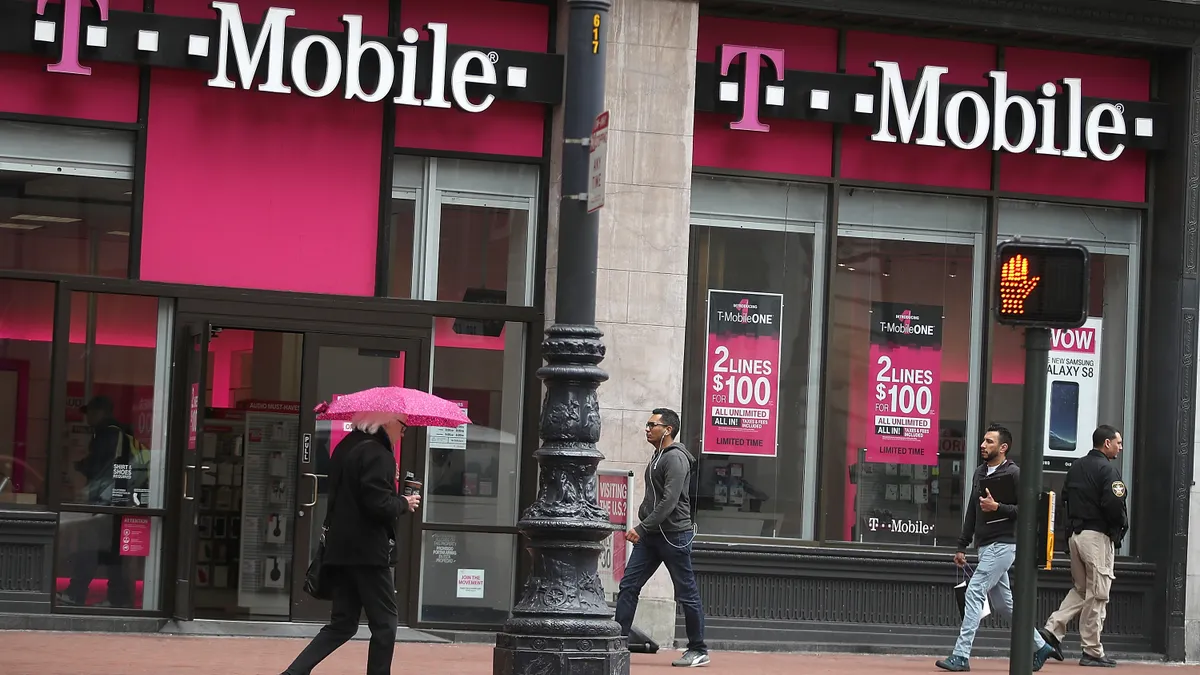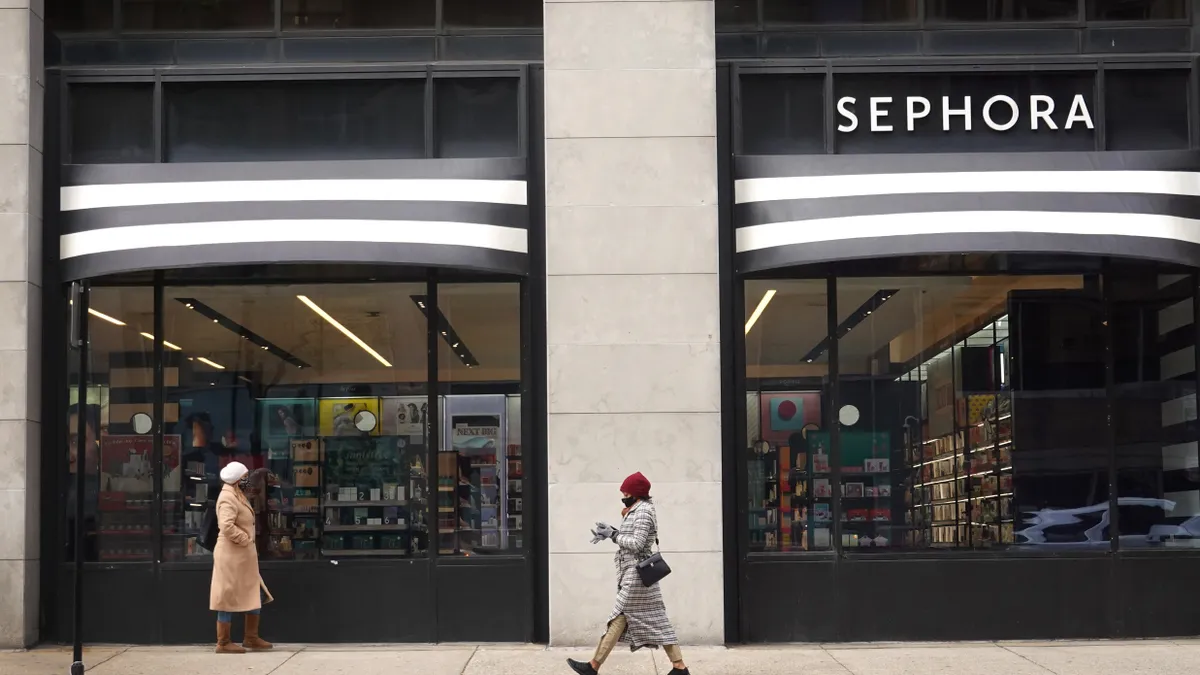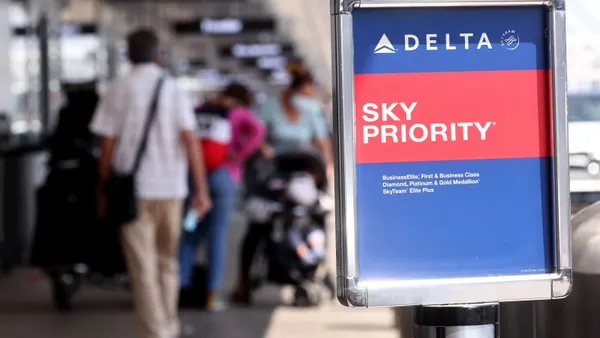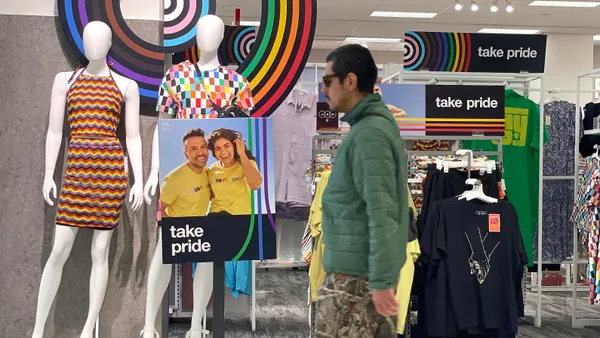Dive Brief:
- The Federal Trade Commission finalized a rule to prohibit the sale or purchase of fake reviews, allowing the agency to seek civil penalties against perpetrators, the agency announced Wednesday.
- The rule prohibits businesses from buying reviews or testimonials, whether positive or negative, the suppression of reviews, as well as buying or selling fake indicators of social media influence. It also bans fake reviews written by AI and reviews written by employees of a company without disclosure.
- “Fake reviews not only waste people’s time and money, but also pollute the marketplace and divert business away from honest competitors,” FTC Chair Lina Khan said in a prepared statement. “By strengthening the FTC’s toolkit to fight deceptive advertising, the final rule will protect Americans from getting cheated, put businesses that unlawfully game the system on notice, and promote markets that are fair, honest, and competitive.”
Dive Insight:
Fake reviews are a persistent problem. By providing customers inaccurate information about the quality of a product or a service, they can mislead customers and hurt a company's bottom line.
“With the rule, reviews will be more accurate overall, leading consumers to purchase higher-quality products or products that are better-matched to their preferences,” the final rule reads.
Many customers look to reviews as a trusted source of insight. Three in 5 customers say they look for reviews on the retailer’s website to inform their purchasing decisions, according to a survey released earlier this year.
Unfortunately, customers have to sift through a lot of fake reviews — and they’re not always good at deciphering what’s real and what’s not. Just take a 2020 analysis by Fakespot that found that 2 in 5 customer reviews on Amazon were fake or unreliable.
This hurts platforms like Amazon. A National Bureau of Economic Research working paper found fake reviews increase the likelihood a customer will buy faulty or low-quality products and "translates into a welfare loss of around $.12 per $1 that consumers spend on the platform."
The FTC estimates that the total estimated revenue for services impacted by consumer reviews is $341.05 billion.
With such money at stake, businesses have also been working to fight the persistent problem. Last year, Amazon, Booking.com, Tripadvisor and others banded together to form the Coalition for Trusted Reviews in an effort to “stop fake reviews at the source.” In July, Amazon and the Better Business Bureau filed a joint lawsuit against ReviewServiceUSA.com for allegedly selling fraudulent positive reviews.













